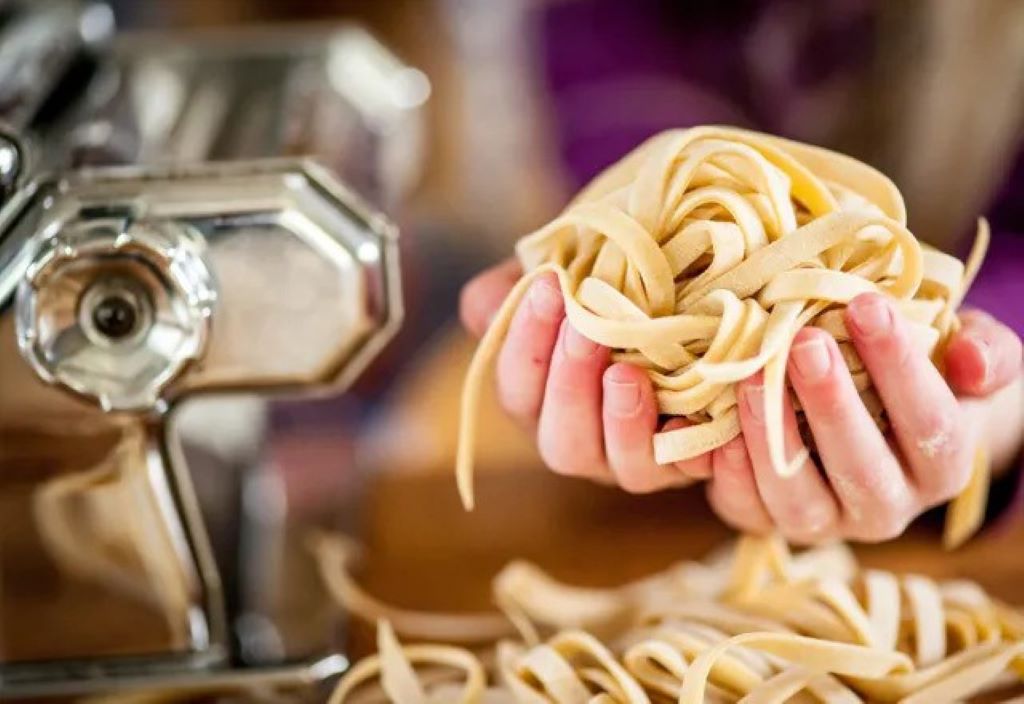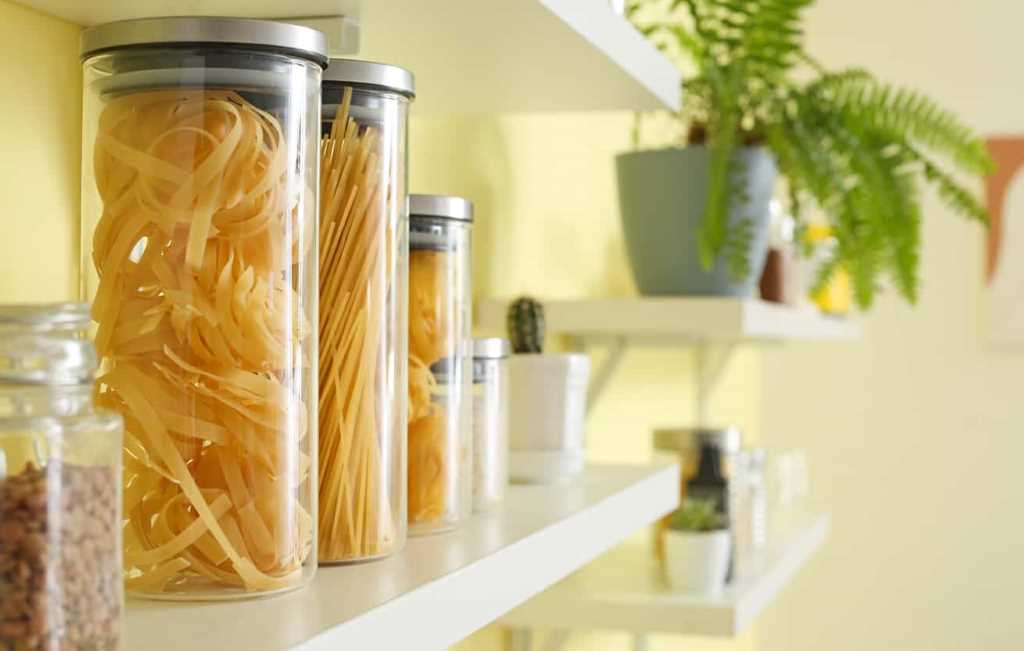Pasta, a beloved culinary staple, is a versatile ingredient that can be transformed into countless delicious dishes. However, knowing how long cooked pasta remains good in the fridge is essential for maintaining its quality and safety. Whether you’re whipping up Italian classics or experimenting with the most popular dishes of Asian cuisine, understanding proper storage practices ensures your pasta dishes are always fresh and flavorful. In this article, we’ll delve into the factors that influence pasta’s lifespan in the refrigerator and provide practical tips for maximizing its freshness.
Factors Affecting Pasta’s Shelf Life

Several key factors determine how long cooked pasta lasts in the refrigerator:
- Type of Pasta: The type of pasta plays a significant role in its longevity. Fresh pasta, made with eggs and flour, typically has a shorter shelf life compared to dried pasta made solely from durum wheat semolina. Fresh pasta typically lasts 2-3 days in the fridge, while dried pasta can last 3-5 days.
- Storage Conditions: Proper storage is crucial for preserving pasta’s quality. It is recommended to store cooked pasta in airtight containers to prevent moisture loss and absorption of unwanted flavors. The temperature of your refrigerator also impacts pasta’s shelf life. Ideally, maintain a refrigerator temperature between 32°F and 40°F (0°C and 4°C).
- Ingredients: The addition of sauces and other ingredients can influence pasta’s lifespan. Tomato-based sauces tend to shorten the storage time compared to oil-based sauces. Dairy-based sauces should be consumed sooner due to their perishable nature.
If you ever wondered, is rice considered a pasta? Explore more about how different sauces impact pasta’s storage and discover interesting facts about various pasta varieties..
How to Tell if Pasta Has Gone Bad
Even with proper storage, cooked pasta may eventually spoil. Here are signs to look out for:
- Mold: The presence of mold, which appears as fuzzy or discolored patches, indicates spoilage. Discard the pasta immediately if you notice any mold growth.
- Off Odor: Freshly cooked pasta has a pleasant aroma. If you detect a sour, musty, or otherwise unpleasant smell, it is likely past its prime.
- Slime: A slimy texture is another sign of spoilage. Avoid consuming pasta that feels slimy or sticky.
- Discoloration: Changes in color, such as darkening or unusual spots, may signal that the pasta is no longer safe to eat.
Tips for Extending Pasta’s Shelf Life
- Cool Down: Before storing, allow cooked pasta to cool down slightly to prevent condensation from forming inside the container, which can lead to spoilage.
- Portion Control: Divide leftover pasta into smaller portions for easier storage and reheating. This minimizes the number of times the container is opened, reducing exposure to air and potential contamination.
- Separate Sauces: If possible, store pasta and sauce separately. This allows for greater flexibility when reheating and helps maintain the pasta’s texture.
- Reheating: When reheating pasta, add a small amount of water or oil to prevent it from drying out. Gently heat it on the stovetop or in the microwave until warmed through.
Safety Considerations
While most cooked pasta remains safe to consume for several days when stored properly, it’s important to exercise caution. Pregnant women, young children, older adults, and individuals with compromised immune systems may be more susceptible to foodborne illnesses. If you’re unsure about the safety of leftover pasta, it’s best to err on the side of caution and discard it.
Can Adventists Eat Mushrooms? Exploring Dietary Practices and Religious Beliefs
In Conclusion
By understanding the factors that influence pasta’s shelf life and following proper storage practices, you can enjoy this delicious and versatile ingredient without compromising its quality or safety. Remember to check for signs of spoilage before consuming leftover pasta and to exercise caution if you belong to a vulnerable group. With a little care, you can savor your pasta dishes for days to come.




